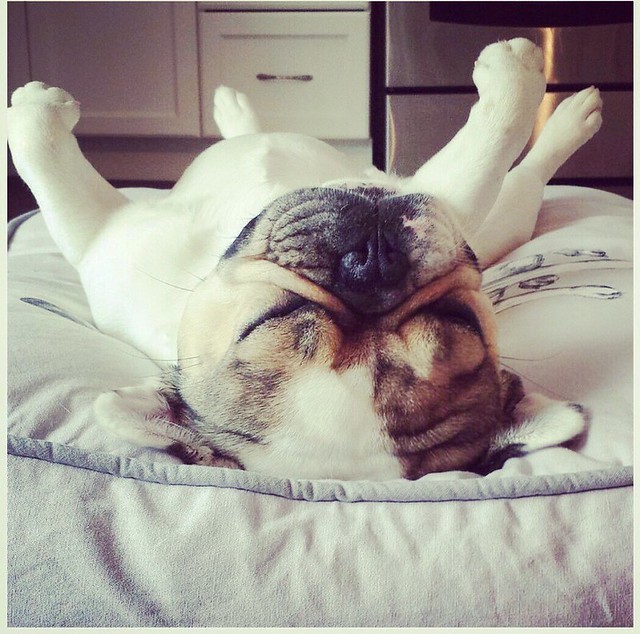You are here
Keys to Getting More Restful Sleep
I've received a number of questions on how to improve sleep quality since sending out our newsletter on the quarter-life of caffeine.
Here is a summary of the points that I've touched on in my correspondence with those who’ve written in:
1. The goal is to increase frequency and length of deep sleep, also called REM sleep, so as to experience optimal production of restorative hormones, the three primary ones being erythropoietin, growth hormone, and testosterone.
2. Experiencing a 20 percent decrease in deep sleep on a regular basis is roughly equivalent to aging our tissues by about 25 years. We know that under ideal conditions, the human body is physiologically capable of lasting approximately 120 years, so 25 years of aging via less than ideal sleep quality isn't a crazy factoid - it's reality.
3. Generally, we sleep better in cooler temperatures. Sleep researcher Matthew Walker says that 65 to 67 degrees Fahrenheit (18.3 to 19.4 degrees Celsius) is the ideal temperature range for optimal sleep. We can use clothing and blankets to stay suitably warm in this cooler sleeping environment.
4. It’s best for most of us to limit or avoid alcohol and caffeine, as both are known to take away our ability to enter REM sleep. If we’re not regularly dreaming while we sleep, we are not getting as much REM sleep as is ideal. Alcohol and caffeine make it harder to get back to sleep in the middle of the night or very early in the morning after a brief trip to the bathroom to go pee.
5. Alcohol makes us lose consciousness faster - it is a sedative. It does not cause us to fall asleep faster - we must make this distinction between losing consciousness and falling into a restorative sleep. Alcohol also fragments our sleep, which ultimately leads to less restoration - some moments of being awake due to alcohol are so brief that we don’t remember them.
6. THC makes us fall asleep faster, but it disrupts REM sleep. THC is also best avoided while the brain is still developing. Put another way, it’s sensible for teenagers and arguably even those in their early 20s to avoid THC.
7. CBD makes us fall asleep faster and doesn’t appear to disrupt REM sleep. There isn’t enough data yet to make any broad statements on CBD’s impact on overall sleep quality in any long term context, but early evidence points to CBD being helpful for restorative sleep by reducing core body temperature and anxiety.
8. For many married couples, it may be helpful to sleep in separate beds, as sleeping next to another person or pet can disrupt restful sleep. For those who wish to stay physically close to one another at night, it may be worth using two twin size beds so that there is less possibility for unintended bumping and jostling. At the very least, couples should consider using the largest mattress they can afford and utilize separate blankets, as tugging of blankets is a sleep disruptor. For those who are worried that not sleeping in the same bed will lead to less physical intimacy, the reality is that getting better quality rest will increase libido and capability.
9. Experiencing orgasms with one’s partner or even masturbating to orgasm before going to bed can improve sleep quality. (https://www.ncbi.nlm.nih.gov/pmc/articles/PMC6409294/)
10. Being physically active earlier in the day, ideally before dinner time, can also improve sleep quality.
Please consider sharing these tips with age-appropriate family and friends who may benefit. Many thanks.







